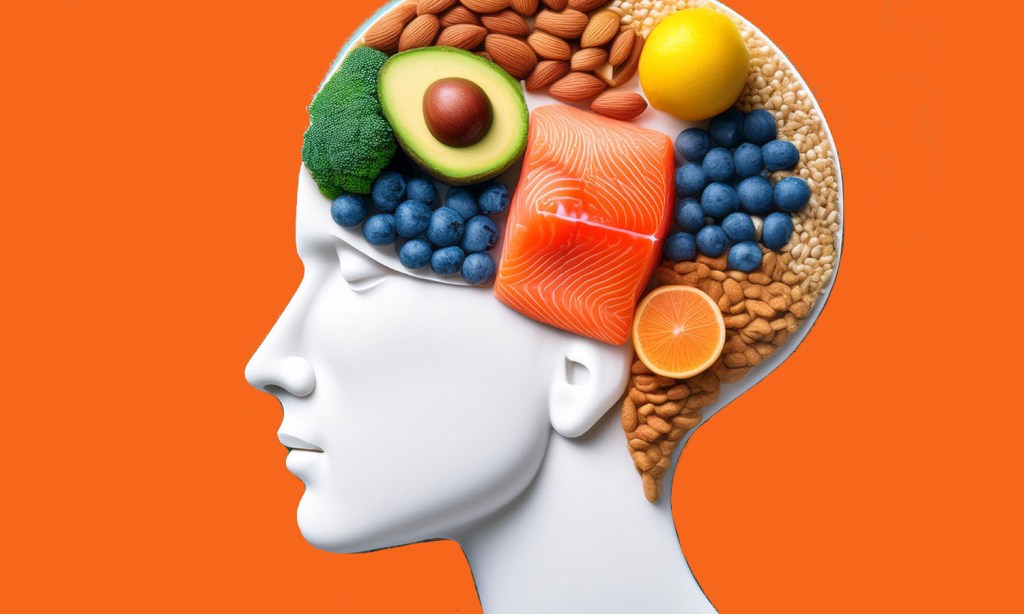
Human beings are omnivores and the variety of foods we eat (meat, fruits, grains) ensures we receive not only sufficient calories, but essential vitamins and minerals. Given the popularity of processed foods in the modern diet, not everyone receives the needed nutrition from food alone. The vitamins and minerals you need, and best way to receive them, is the subject of an ongoing debate. Recent studies have cast down on efficacy of dietary supplements including the popular multi-vitamins, vitamin D, omega-3 fatty acids, vitamin C, botanicals, calcium, and vitamin B12.
Dietary supplements are not regulated by the Food and Drug Administration like prescription or over-the-counter medications. Manufacturers of supplements don’t have to provide evidence that their products are safe or effective. The Harvard Medical School reports that once-popular antioxidants (vitamin E, vitamin A, beta carotene, and vitamin C) have not shown any benefit against heart disease based on randomized clinical trials. In fact, high doses of vitamin A may increase the risk of hip fractures and prostate cancer. They also report that selenium, once thought to reduce the risk of prostate cancer, has no preventive effect, and may increase the risk of diabetes. Most surprising of all, no evidence was found that the daily multi-vitamin improves health or prevents illness.
For men, some of the most important vitamins and minerals for healthy living are:
Vitamin D is typically derived from exposure to sunlight and is essential for the absorption of calcium and bone strength. Those working inside, however, may not get enough vitamin D. A supplement can provide what office work is taking away, as will a diet that includes salmon and dairy products. Ask your Kinwell clinician if you would benefit from a vitamin D supplement and the appropriate dosage.
Folic Acid, also known as vitamin B9, prevents a build-up of substances that can contribute to heart and blood vessel disease. Given that heart disease is a leading killer of men, ensuring adequate consumption of folic acid can diminish the risk of this silent killer. The Harvard School of Public Health notes that good sources of folic acid include beans, fresh fruit, whole grains, and eggs.
Vitamin A is related to eye health and bolsters the immune system. Most of us recall that vitamin A is found in carrots and how often do you see a carrot-loving rabbit wear glasses? Vitamin A is not only found in carrots, but milk, cheese, salmon, and green leafy vegetables (which rabbits also like).
Calcium is important for muscles, teeth, and bones. Young people can use plenty of calcium to build strong bones. Dietary sources include dairy, cheese, yogurt, salmon, almonds, and still more leafy vegetables.
Magnesium is an often-overlooked mineral, but it’s used by every cell in the body. It supports the immune system and helps prevent heart disease. The Cleveland Clinic notes that the most magnesium-rich foods include spinach, cashews, almonds, and pumpkin seeds.
Zinc is a key mineral and appears in every cell. It is involved with digestion, blood clotting, and helps wounds to heal. Meat, fish, and other seafoods are good sources of zinc, as are breakfast cereals that have been fortified with the mineral.
Potassium is another underappreciated mineral. It acts as an electrolyte, giving us energy and assisting with muscle movement, fluid balance, and blood pressure. The American Kidney Fund notes that bananas are the best-known source of potassium, but the mineral can also be found in fruits and vegetables, nuts, and dairy foods.
If you have questions about the nutritional value of your diet and the use of any dietary supplements, consult your Kinwell clinician. Call 833-411-5469 or set up an appointment through your MyChart account.


